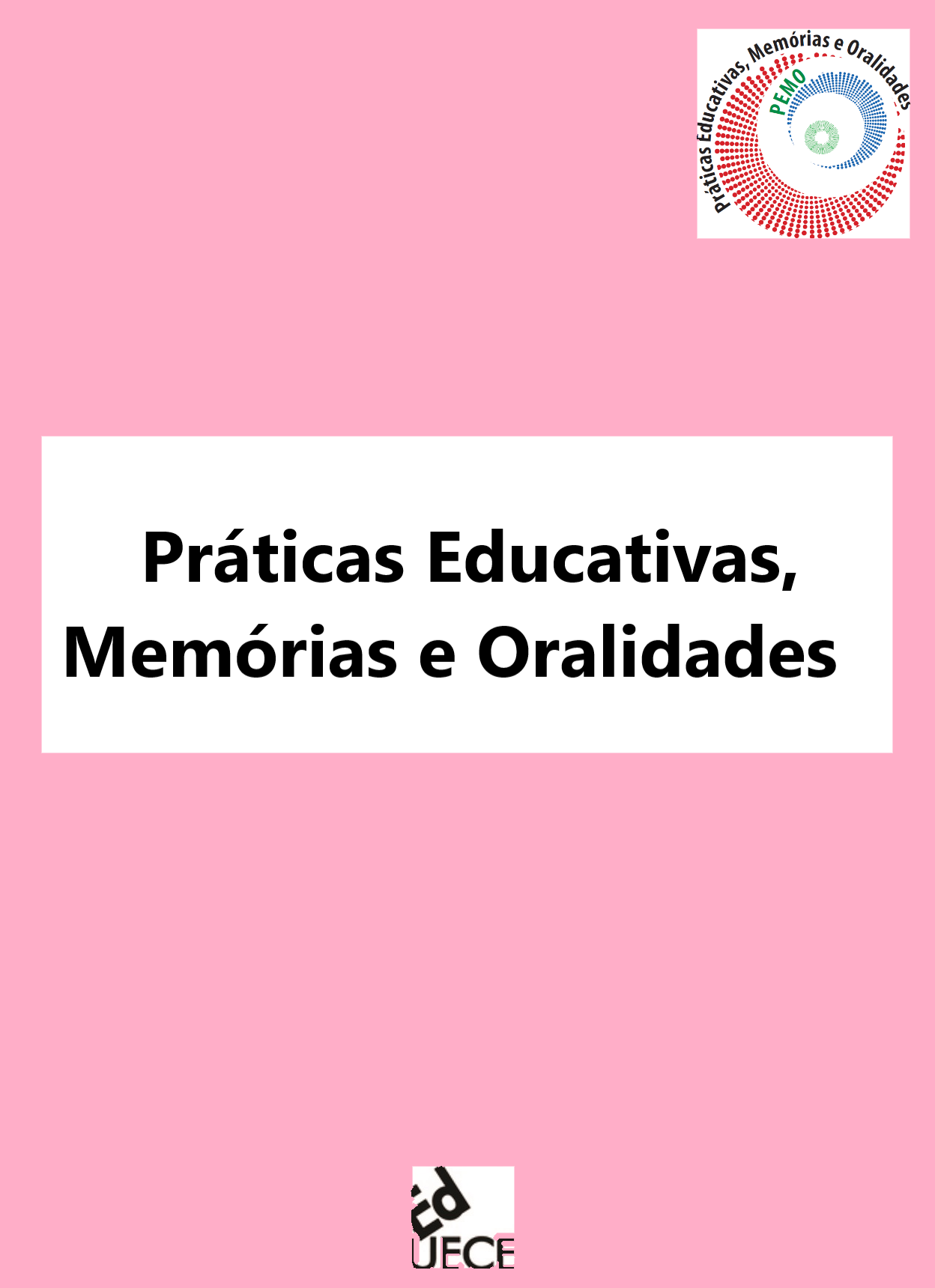Experiences, knowledge and actions produced by rural women in São Rafael/RN, Brazil
DOI:
https://doi.org/10.47149/pemo.v4.e48675Keywords:
Being a woman, Field, Knowledges, DoingsAbstract
We aim to contribute to the unveiling of existing inequalities between men and women. To this end, a bibliographical survey was carried out on the Geography of Gender and Social Movements, the main categories of analysis of this research. Among the main authors are Monk and García-Ramon (1987), Francisco (2011), Ferrante (1982), Seager and Olson (1986), Karsten and Meertens (1991-1992), Calió (1992), and Gonh (2000). Then, led by the emphasis on investigating the daily experiences of the Women Producers of Desterro, we conducted interviews, direct observations, analyses, and discussions in the light of the Theory of Social Representations. We found that the handicraft activity with the carnauba stalk and straw, made by the Women Producers of Desterro is a knowledge produced by these women, contributing to change the existing social arrangement in the place, giving these women autonomy and empowerment. This shows that social roles were defined, knowledge was generated, and social practices produced, especially the systems of actions linked to being a woman in this community in the Brazilian Northeast through the collective organization called Community Association of Women Producers of Desterro.
Downloads
References
ABRIC, J.-C. (1998). A abordagem estrutural das representações sociais. In: MOREIRA, A. S. P.; OLIVEIRA, D. C. de (Orgs.). Estudos interdisciplinares de representação social Goiânia: AB, 1998. (p.27-38).
ALEGRE, S. P. Mãos de mestre: Itinerários da arte e da tradição. São Paulo: Maltese, 1994.
ALEGRE, S. P. Arte e ofício de Artesão: histórias e trajetórias de um meio de sobrevivência. Tese (Doutorado em Ciências Humanas). Universidade de São Paulo, São Paulo, 1988.
CALIÓ, S. A. Incorporando a questão de gênero nos estudos e no planejamento urbano. [s.n.t.]; In: CALIÓ, S. A.; LOPES, M. M. Mulher e espaço urbano. [s.l.:s.n.], 1992.
CASCUDO, L. da C. A Carnaúba. Revista Brasileira de Geografia. Rio de Janeiro. V. 26. nº 2, p.159-215, Abril-Junho de 1964.
CAXILE, C. R. V. Memória e representação: experiências e resistências numa manifestação cultural na cidade de Fortaleza. Rev. Pemo, Fortaleza, v.1, n.1, p.1-18, 2019. Disponível em: https://revistas.uece.br/index.php/revpemo/article/view/3599/3112. Acesso em 05 de out. de 2022. DOI: https://doi.org/10.47149/pemo.v1i1.3599
FELIPE, J. L. A.; CARVALHO, E. A. de. Economia do Rio Grande do Norte: estudo geo-histórico e econômico. João Pessoa: Grafset, 2002.
FERRANTE, V. L. S. B. A situação legal e real da mulher trabalho no campo. Perspectivas, 5, p.97-114, 1982.
FRANCISCO, M. L. O. de. Geografia de Gênero e Trabalho Familiar: algumas considerações. Revista Latino-americana de Geografia e Gênero, v.1, n.2, 2011. (p.27-36). DOI: https://doi.org/10.5212/Rlagg.v.2.i1.027036
FREIRE, P. Pedagogia do oprimido. 3. ed. Rio de Janeiro: Paz e Terra, 1975.
GIL, G. C. Métodos e técnicas de pesquisa social. 5. ed. São Paulo: Atlas, 2007.
GONH, M. da G. 500 anos de luta social no Brasil: movimentos sociais, ONGs e terceiro setor. Mediações - Revista de Ciências Sociais, 1(5), 2000. (p.11-40). DOI: https://doi.org/10.5433/2176-6665.2000v5n1p11
GOHN, M. da G. Educação não-formal, educador(a) social e projetos sociais de inclusão social. Meta: Avaliação, 1(1), 2009. (p. 28-43). DOI: https://doi.org/10.22347/2175-2753v1i1.1
JODELET, D. (Org.) As Representações Sociais. Trad. Lílian Ulup. Rio de Janeiro: Eduerj, 2001.
KARSTEN, L.; MEERTENS, D. La geografia del genero: sobre visibilidad, identidad y relaciones de poder. DOCUMENTS PANALISI GEOGRAFICA. p.19-20, 1991-1992, p. 181-193. Disponível em: https://ddd.uab.cat/pub/dag/02121573n19-20/02121573n19-20p181.pdf. Acesso em 05 de out. de 2022.
LARA, A. M. B. Políticas de redução da desigualdade sociocultural. Educação & Formação, Fortaleza, v.1, n.3, p.140-153, set./dez. 2016. Disponível em: https://revistas.uece.br/index.php/redufor/article/view/118/101. Acesso em 05 de out. de 2022. DOI: https://doi.org/10.25053/edufor.v1i3.1621
LIBÂNEO, J. C. As modalidades de educação: informal, não-formal, formal. In: Libâneo, J. C. Pedagogia e pedagogos, para quê? 9. ed. São Paulo: Cortez, 2007. (p.86-92).
MONK, J.; GARCÍA-RAMON, M. D. Geografia Feminista: uma perspectiva internacional. Documents d’Anàlisi Geogràfica, (10), 1987. (p.147-157).
MOSCOVICI, S. A representação social da psicanálise. Trad. Álvaro Cabral. Rio de Janeiro: Zahar Editores, 1978.
MOSCOVICI, S. Representações Sociais: Investigações em psicologia social. Trad. Pedrinho A. Guareschi. 2. ed. Petrópolis, RJ: Editora Vozes, 2003.
SCHWARTZ, Y. Trabalho e Saber. Trabalho & Educação, 1(12), 2003. (p. 21-34).
Published
How to Cite
Issue
Section
License
Copyright (c) 2022 José Erimar dos Santos, Valmaria Lemos da Costa Santos, Samira Fontes Carneiro, Patrícia Maraísa de Souza

This work is licensed under a Creative Commons Attribution 4.0 International License.













